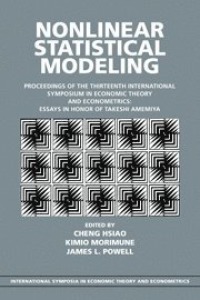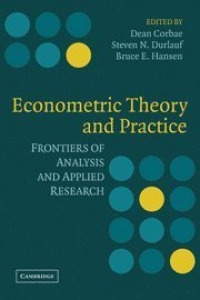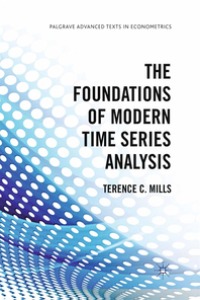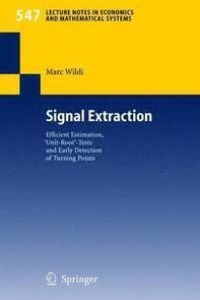
Liknande böcker
Statistical Analysis and Forecasting of Economic Structural Change
Bok av Peter Hackl
In 1984, the University of Bonn (FRG) and the International Institute for Applied System Analysis (IIASA) in Laxenburg (Austria), created a joint research group to analyze the relationship between economic growth and structural change. The research team was to examine the commodity composition as well as the size and direction of commodity and credit flows among countries and regions. Krelle (1988) reports on the results of this "e;Bonn-IIASA"e; research project. At the same time, an informal IIASA Working Group was initiated to deal with prob- lems of the statistical analysis of economic data in the context of structural change: What tools do we have to identify nonconstancy of model parameters? What type of models are particularly applicable to nonconstant structure? How is forecasting affected by the presence of nonconstant structure? What problems should be anticipated in applying these tools and models? Some 50 experts, mainly statisticians or econometricians from about 15 countries, came together in Lodz, Poland (May 1985); Berlin, GDR (June 1986); and Sulejov, Poland (September 1986) to present and discuss their findings. This volume contains a selected set of those conference contributions as well as several specially invited chapters.







